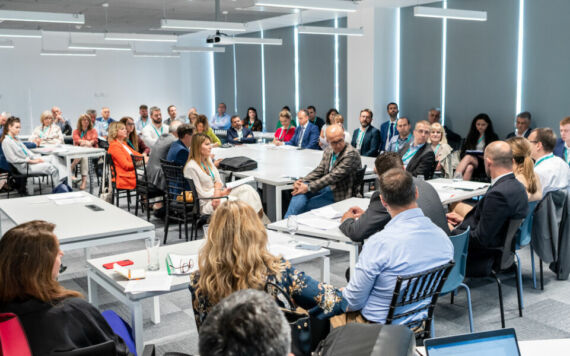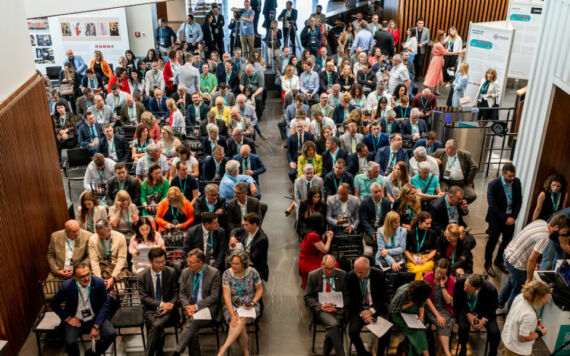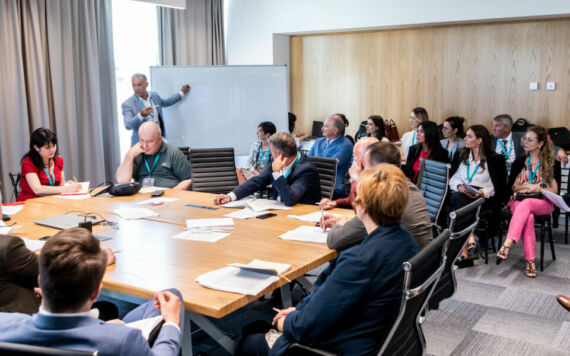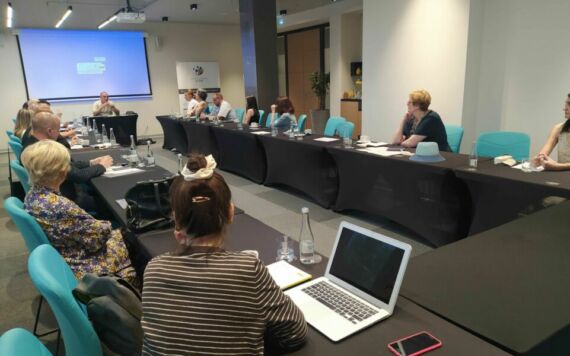| Project Name | SDG Accelerator for All |
| Commisioned by | Federal Ministry for Economic Cooperation and Development (BMZ) |
| Country | Serbia |
| Implementing Organisation | Center for Advanced Economic Studies (CEVES) – ceves.org.rs |
| Duration | October 2022 – December 2023 |
The Challenge
Lack of Nationalized and Prioritized SDGs: Although Serbia has committed to engage in the 2030 Agenda implementation and has submitted one Voluntary National Report a long-term development plan and an accompanying investman plan are missing. There are no specific social, economic or environmental targets that are mainstreamed throughout key strategic documents.
Policy Implementation Advancing Green Transition of the Private Sector (and SMEs in Particular) and Knowledge about Threats and Opportunitis Green Transition Poses to Both are Almost Completely Absent: While the “Leave no one behind” principle is dependent on the local businesses with employment prospects, driving the innovation and knowledge base in the distant and dislocated provinces, there are two particular and large constituencies principally affected by COVID-19 pandemic and generally neglected in the country’s policymaking to date: SMEs and local communities as economic entities.
The Objective
The overall objective is to contribute to the increased promotion and acceleration of Serbia’s sustainable development. The emphasis is on the green transformation of Serbia’s SME sector, by strengthening stakeholders’ understanding, motivation and capacity to proactively engage and support the necessary transformation. This engagement should be direct, by adapting how the stakeholders conduct their core functions (business, research, consumption), as well as indirect – by supporting non-governmental and governmental institutions to promote the change.
The Target Group
SMEs and business support organizations as well as local and national policy-makers are the two key and large target groups. Other remaining important target groups are representatives of CSOs (local and national), the youth, members of and associations within the academic community and the platform “SDGs for All” and its representatives.

About CEVES
CEVES is an independent think-and-do-tank with a vision of achieving an economic development based on the principles of
sustainability, enterperneurship and empowered citizens and institutions.
Regarding a sustainable socio-economic development CEVES concentrates on responsible, innovative and evidence-based policy and solutions for the government and the whole society.
Website: ceves.org.rs
The Approach
Expanding the Knowledge Base: The knowledge will be generated through research from the RNE experiences and other Global Forum members and their respective partners. To see which initiative and practices may be applicable to Serbia CEVES is in contact with the Global Forum for National SDG Advisory Bodies. The broader society can expand their knowledge through brochures sourced from the experience of other succseful multi-stakeholder initiatives.
Policy Advocacy: Providing key stakeholders with skills and concrete methods for advocacy and public dialogue at the national and local level.
Strengthening Capacities: Increasing the capacities of the key sustainable development stakeholders through gaining knowledge about best practices in multi-stakeholder initiatives and understanding the success factors behind their successful stories.
Participatory Approach: The dialogue includes a broad specter of actors. The participatory approach will not only rely on communication and dissemination of project findings, but more importantly on joint participation of the target groups in all of the outputs.
Local Ownership: Local stakeholders need to engage in a dialogue and include a broad specter of actors to develop strong, resilient and cooperative local communities.
Intended Results
- 8 partnerships with other organizations, includ-ing government, civil society, academia, and the private sector, were established to strengthen their institutional capacity
- 4 capacity building programs were organized to strengthen understanding, motivation and capacity for proactive engagement of the key
- 150,000 people were reached by the aware-ness-raising campaign on the Green Agenda
- 24 young researchers were trained in a summer school on key topics of sustainable development





